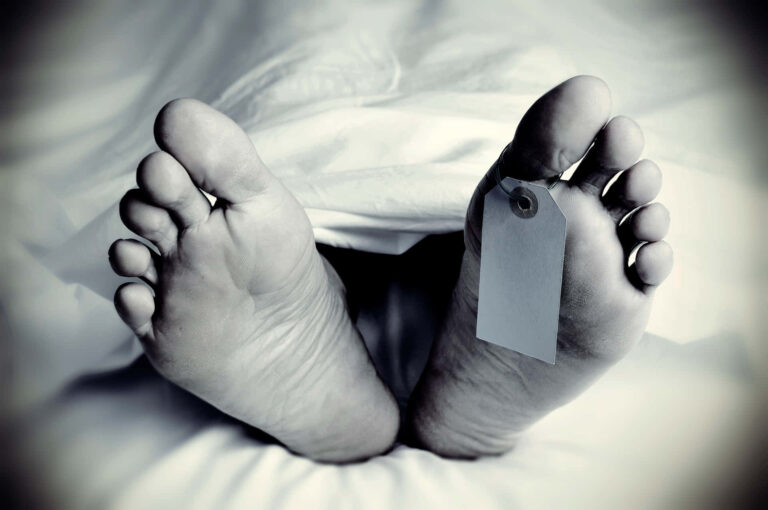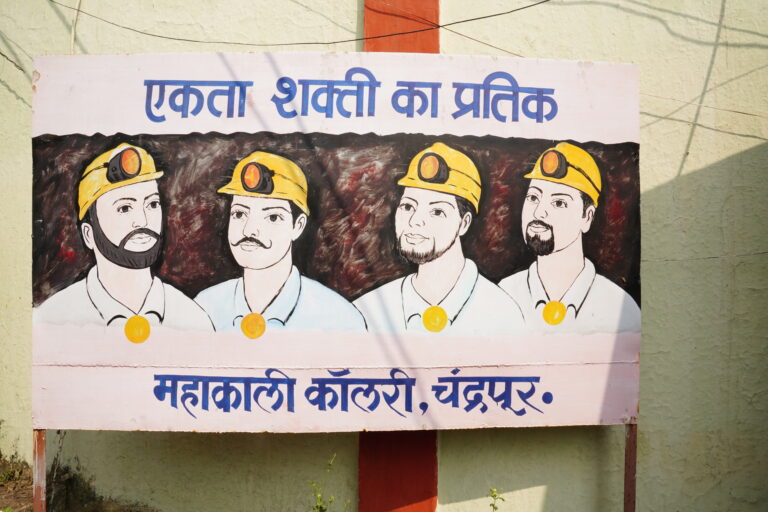Police chase kills yet another Roma teenager in Greece
The murder of a Roma teenager in Greece on November 11, the third such incident this year, has once again highlighted how the Roma population continues to face discrimination
Dalits face abuse and cruelty in daily life, at their workplaces or on the streets or anywhere.
In October 2022, a coffee estate owner close to the ruling party in the southern state of Karnataka was apprehended for allegedly torturing and keeping in captivity over a dozen Dalit workers, mostly women.
The case raised questions over the inhuman treatment meted out against members of marginalised communities in the state. It also iterated a social view of their descent-based work.
Crimes against Dalits continue unabated even 72 years since the caste system was outlawed in India. Between April 1, 2020 and March 31, 2021, a total of 2,327 cases of murder, exploitation and other cases on members of the SC/ST community have been reported in the Karnataka state, according to data from the state government.
It was an increase of over 54 per cent from the previous year, when 1,504 such cases were registered, according to data from National Crime Records Bureau.
The National Coalition for Strengthening SCs and STs (PoA) Act (NCSPA) says that despite explicit constitutional provisions and guidelines, the suffering of Dalit tribal communities across India remains the worst as the communities are not only the victim of this scourge caste system but also face institutional discrimination and social exclusion.
The coalition believes that the number of crimes against Dalits is overwhelming and argues that even the 2021 Crime data corroborates the upsurge in violence – cases of rape involving SC women and girls account for 7.64 per cent of all rape cases reported from across the country.
Dalit labour rights activist Nodeep Kaur was arrested when she went to participate in support of the farmers’ agitation on the outskirs of Delhi, India’s capital city.
In her words: “The police pulled my hair and dragged me into the van and I was beaten up inside the van also. They slapped and hit me with shoes and sticks on my private parts. I was bleeding heavily after that. No lady police officers were present at the station. Four policemen sat on me and tortured me. I couldn’t walk for days because of the assault….While torturing me, the police kept saying that I am a Dalit and I should behave like one. “Your job is to clean the gutters. Who gave you the right to organize protests against big people?” I was asked.”
What Naodeep experienced is a daily experience for most of India’s Dalits. The fear of brutality serves to silence most – and the few who speak out learn of the strength of a tortuous State that also serves as an example to the rest.
But it is not just the State. Daalits face abuse and cruelty in daily life, at their workplaces or on the streets or anywhere.
In October 2022, a coffee estate owner close to the ruling party in the southern state of Karnataka was apprehended for allegedly torturing and keeping in captivity over a dozen Dalit workers, mostly women.
The case raised questions over the inhuman treatment meted out against members of marginalised communities in the state.
Crimes against Dalits continue unabated even 72 years since the caste system was outlawed in India. Between April 1, 2020 and March 31, 2021, a total of 2,327 cases of murder, exploitation and other cases on members of the SC/ST community have been reported in the Karnataka state, according to data from the state government.
It was an increase of over 54 per cent from the previous year, when 1,504 such cases were registered, according to data from National Crime Records Bureau.
In Brazil, the United Nations Committee against Torture has in its review report on Brazil suggested to the Brazilian government to demilitarize the police and end mass incarceration of Quilombolas. The report noted that torture and other violations related to this practice are still common in various parts of Brazil, especially in prisons and peripheral urban and rural areas, and that of Quilombola people, women and the LGBTI+ community.
The Committee also expressed concern over sexual and reproductive rights in Brazil. It drew attention to the high rate of maternal mortality, in particular among Afro-Brazilian and quilombola women, and the continued criminalization of abortion, except in cases of rape, threat to the life of the mother, or anencephalic fetus, “which results in many women and girls resorting to clandestine and unsafe abortions”.
Emicida, a Black singer who supports the community, stated in the documentary “Rio dos Macacos” that “poverty, violence, and lack of rights have the same color: Black.” The lack of public policies, the inadequate State measures to protect Indigenous and Black Peoples, the slow and weak justice for them, and the multi-dimensional violence against them characterizes what has been called structural racism in Brazil.
The necessary reparations for those victims of the enslavement and devastation of colonialism not only require economic and territorial protections but also entail the eradication of persistent structures of racial inequality and awareness of a systemic and wide racism and discrimination by State institutions.

The murder of a Roma teenager in Greece on November 11, the third such incident this year, has once again highlighted how the Roma population continues to face discrimination

Crimes against Dalit people rose by 177.6 per cent and crimes against people from tribal communities rose 111.2 per cent between 1991 and 2021. Dalits and Adivasis together account for almost 32 per cent of all prisoners in Indian jails. How are Institutional discrimination and social exclusion related to crime? Data points to a vast…